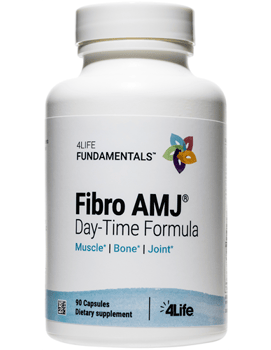Benefits of Magnesium: What You Need to Know


Written by: Millerlandy Popayan, Research and Development Scientist
“One mineral, multiple responsibilities”: A simple way to describe magnesium. While most people understand the importance of certain vitamins and other supplements, this is often not the case with magnesium, which is a vital nutrient in our diet. Here's why.
What is magnesium?
Magnesium is an essential mineral, but because the body cannot produce it, it must be included in the diet. Magnesium is naturally present in many foods, is added to other products, and is also available as a dietary supplement.
How much magnesium should you consume?
The recommended daily intake of magnesium for adults 19 years and older is 400 to 420 milligrams (mg) for men, 310 to 320 mg for women, and about 350 to 360 mg for pregnant or breastfeeding women.
What effect does magnesium have on the body?
Magnesium is involved in more than 300 enzyme systems that regulate various biochemical reactions in the body, including protein synthesis, muscle and nerve function, blood glucose control, and blood pressure regulation. This mineral is also vital for energy production, bone development, DNA and RNA synthesis, and antioxidant support, among others.
Let's take a closer look at some of these features.
Supports Bone Health
Magnesium plays a fundamental role in both bone formation and bone density as we age, thus contributing to maintaining normal bone structure.
If you're interested in a high-quality magnesium supplement, we recommend 4Life Cal-Mag Complex!
Improves Metabolism
Magnesium is involved in the metabolism of proteins, lipids, and carbohydrates, and also optimizes glucose and insulin metabolism.
Support the Dream
Magnesium may promote sleep by regulating certain neurotransmitters that calm the nervous system and allow the brain to transition into a restful state.
4Life Transfer Factor® SleepRite® is a great way to get magnesium and enjoy a restful night's sleep.
Reduces Cortisol
Magnesium can help reduce levels of cortisol, known as the stress hormone.
Maintains Heart Health
Magnesium regulates the function of nerves and muscles throughout the body, including the heart, helping maintain a healthy heart rhythm and contributing to the regulation of blood pressure.
Try 4Life Transfer Factor® Cardio, which contains magnesium and other essential vitamins to support heart health.
Supports Brain Homeostasis
Magnesium contributes to maintaining homeostasis in all tissues, including the brain. The American Academy of Neurology and the American Headache Society concluded that magnesium treatment may also be effective in counteracting migraines.
The Role of Magnesium in the Immune System
Magnesium is primarily important for the activation of T cells. These cells are a type of white blood cell within the immune system that are responsible for eliminating abnormal or infected cells, but they can only perform this function effectively when they are in a magnesium-rich environment.
Magnesium and Microbiome Health
There is evidence that magnesium levels have a positive impact on the microbiome by maintaining the integrity of the intestinal barrier and the concentration of beneficial bacteria.
What is the reason for magnesium deficiency?
Despite a wide variety of magnesium-rich foods, 48% of Americans get less magnesium than the estimated average requirement (EAR) from the foods and beverages they consume. One reason is that the highly processed foods many people eat don't contain enough magnesium, and the body only absorbs about 30% to 40% of the magnesium consumed through diet. In addition to diet-related factors, a variety of medications and physical conditions can contribute to magnesium loss. Magnesium absorption in the body can be affected by factors such as age, chronic diarrhea, diabetes, and even heavy alcohol consumption.
Why Don’t We Get Enough Magnesium?
Even though there are plenty of magnesium-rich foods, 48% of Americans of all ages ingest less magnesium from food and beverages than their respective EARs (Estimated Average Requirement).¹ One reason is that the highly processed foods that many people consume lack sufficient magnesium. Also, approximately only 30% to 40% of the dietary magnesium consumed is absorbed by the body.⁵ In addition to dietary factors, a variety of medications and health conditions can lead to magnesium loss.⁵ The body’s intake or absorption of magnesium can be affected by aging, chronic diarrhea, diabetes, and even high alcohol usage.
How To Get More Magnesium
There are foods rich in magnesium, such as the whole or natural foods mentioned below:
Leafy greens, spinach, kale, and collard greens.
Seeds and nuts, especially pumpkin seeds, chia seeds, almonds, and cashews.
Beans and legumes, including black beans, kidney beans, edamame, and peanuts.
Whole grains such as brown rice, oatmeal, and whole-wheat bread.
Dairy products such as yogurt and certain milks, including cow's milk and almond milk. Fish, particularly salmon and halibut.
Take Magnesium Supplements
Varieties of Magnesium Supplements
Magnesium supplements are available in several forms: magnesium oxide, magnesium chloride, magnesium carbonate, magnesium lactate, magnesium malate, magnesium taurate, magnesium L-threonate, magnesium sulfate, magnesium orotate, magnesium ascorbate, and magnesium amino acid chelate. Two of the most common forms that are well tolerated and absorbed are magnesium glycinate and magnesium citrate.
Magnesium supplements are increasingly available, containing formulas that combine multiple minerals or vitamins in a single product and are designed to provide the body with the nutrients it needs to maintain optimal health.
Consuming magnesium can truly have a significant impact on your health; we invite you to consider some 4Life supplements that include this vital mineral:
Contains 270 mg of magnesium (magnesium oxide, magnesium citrate and magnesium amino acid chelate)


Contains 400 mg of magnesium (magnesium oxide and magnesium amino acid chelate)
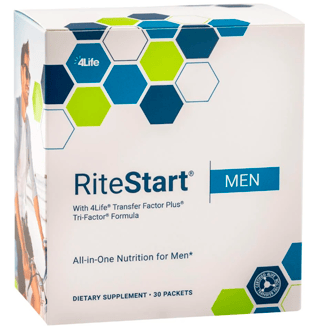

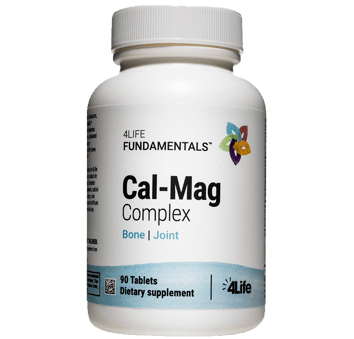

Contains 125 mg of magnesium (magnesium oxide, magnesium carbonate and magnesium amino acid chelate)
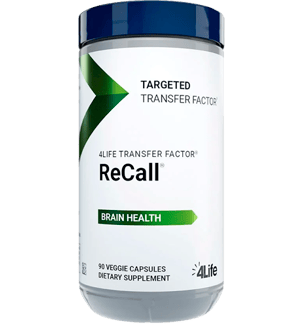

Contains 110 mg of magnesium (magnesium oxide and magnesium chelate)
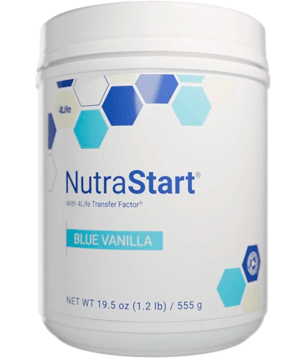

Contains 147 mg of magnesium oxide
